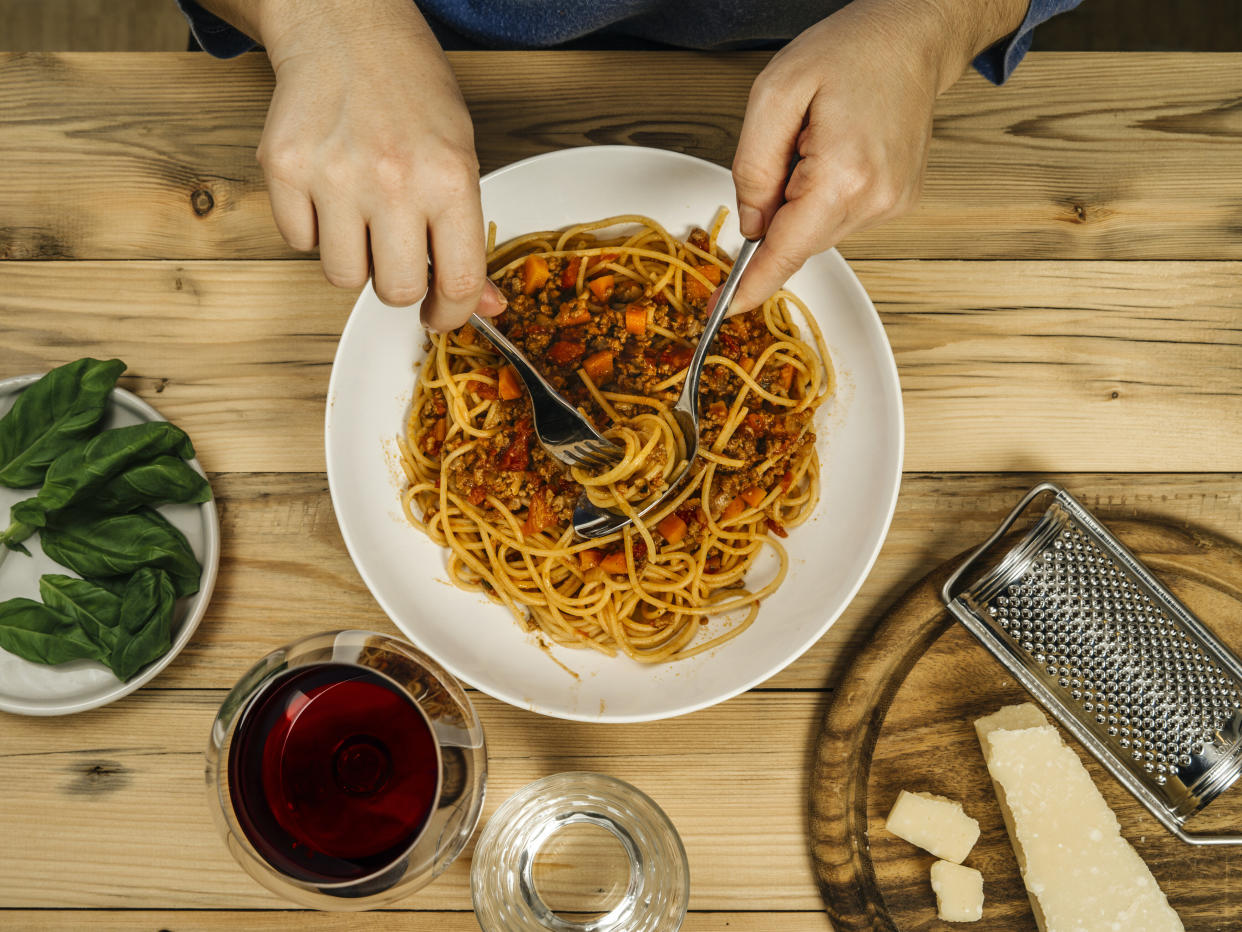How to eat like a sports professional

Eating nutritious meals is one of the best ways to prepare your body for sporting events.
Dr James Morehen, the former performance nutritionist for the England women's soccer team, has teamed up with the Agriculture and Horticulture Development Board (AHDB) to raise awareness of the benefits of a balanced diet.
The nutritionist's advice follows research from AHDB that found that 53% of young girls are restricting their diet and 29% have cut back on dairy or red meat in the last year.
Start your day off right
You know what they say, breakfast is the most important meal of the day, as it replenishes your body after the overnight "fasting" period.
"Porridge - or a smoothie - made with milk will help you start your day with a spring in your step - with footballers such as Jill Scott (and) Ellen White saying porridge is part of their meal plan," James states. "Dairy is a natural source of calcium, a mineral which is important for bone health, yet our recent research shows that young girls are often cutting out dairy from their diets as one in seven (15%) wrongly believe that dairy is not good for their health or will make them gain weight."
Eat a light but protein-filled lunch
Protein helps support your muscle strength, which is important when you are playing sports.
"Consuming enough protein throughout the day is key to support muscle strength," the expert explains. "You could whip up an omelette, with eggs a good protein source, or eat protein-rich salmon, with a side of couscous."
Eat a nutritious dinner
Eating a filling dinner that is full of nutrients, such as spaghetti Bolognese, is vital, particularly on the days when you have exercised and you need to refuel your body with healthy foods.
"The Italian classic is a team favourite, given it is a good source of both protein - from the lean red beef mince - and carbohydrates - from the spaghetti, which is key for energy levels," the nutritionist says of the dish. "Red meat also provides vitamin B12 and iron, nutrients which may help to reduce tiredness and fatigue."
James adds, "Research showed 44% of young girls say they've faced tiredness and fatigue in the last year, and potentially this may be dietary related if their diets are not adequate in these key nutrients."
Snack on fruits and nuts
Snacking will help keep your hunger levels at bay and your energy up. However, it is important to try to snack on the right foods.
"The key to any diet is balance - along with protein-rich foods such as lean meat, dairy, fish, and eggs, make sure you include plenty of fruit and vegetables, fibre-rich wholegrain cereals, beans and pulses, and nuts and seeds" James explains.

 Yahoo News
Yahoo News 
